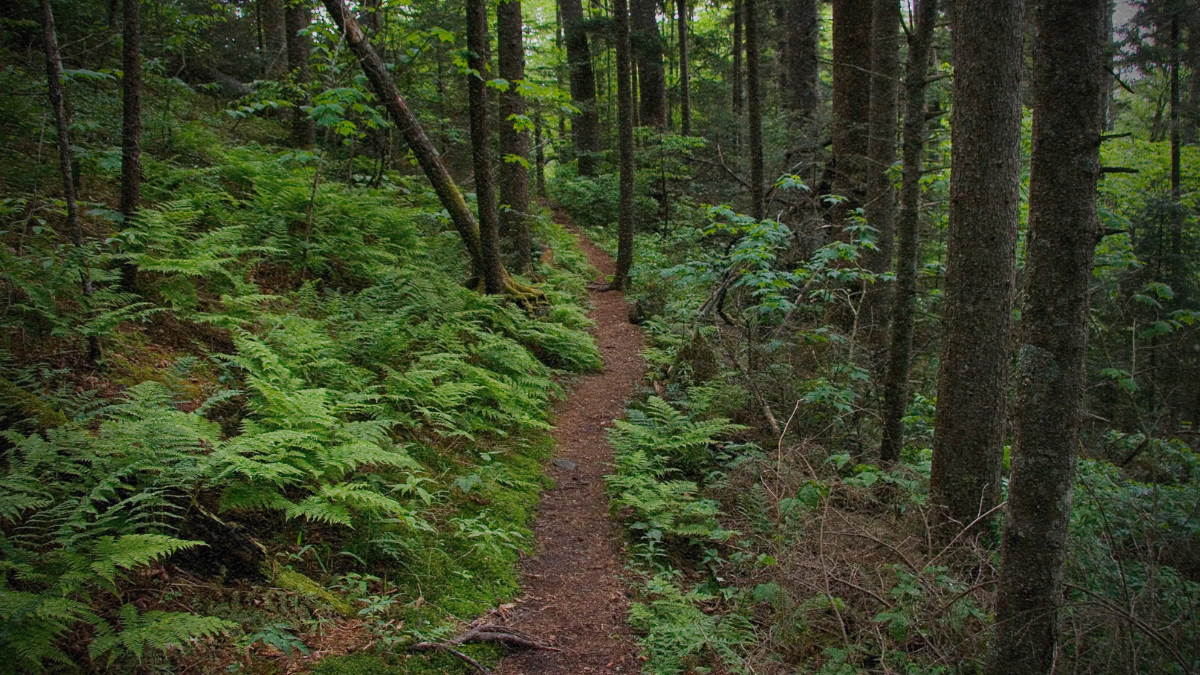In the Pisgah National Forest of North Carolina, amidst the lush greenery and vibrant ecosystems, lies a network of hidden trails. But these aren’t your typical, designated paths. They’re rogue trails, carved into the earth by mountain bikers seeking thrills and adventure. However, their unsanctioned construction creates a conflict between recreation and preservation.
The National Forest Service is on a mission to crack down on these illegal trails. Their reasoning is rooted in the very essence of their duty: to protect the delicate balance of nature within these treasured lands. Mountain bikers argue that their trails leave minimal scars, but the Forest Service isn’t convinced. They worry about the potential damage to the soil, the disruption of wildlife habitats, and the ecological consequences that could ripple through the forest.
The issue goes beyond just environmental impact. The Forest Service recognizes the importance of fostering a positive relationship with the land managers, the ones who hold the key to sanctioned trails and future riding opportunities. Building illegal trails can damage that trust, jeopardizing the very sport trail riders cherish.
Our national forests are more than just playgrounds. They’re the lungs of our planet, filtering our air and providing a sanctuary for countless species. They’re reservoirs of clean water, bastions of biodiversity, and living classrooms where we can learn about the intricate web of life. Every gouge in the earth, every displaced rock, is a scar on this precious ecosystem.
The goal isn’t one of restriction, but of responsibility. Mountain bikers share a deep appreciation for the beauty and challenge these forests offer. By working together with the Forest Service, they can ensure that their passion for the sport thrives in harmony with the conservation of this irreplaceable natural heritage.





